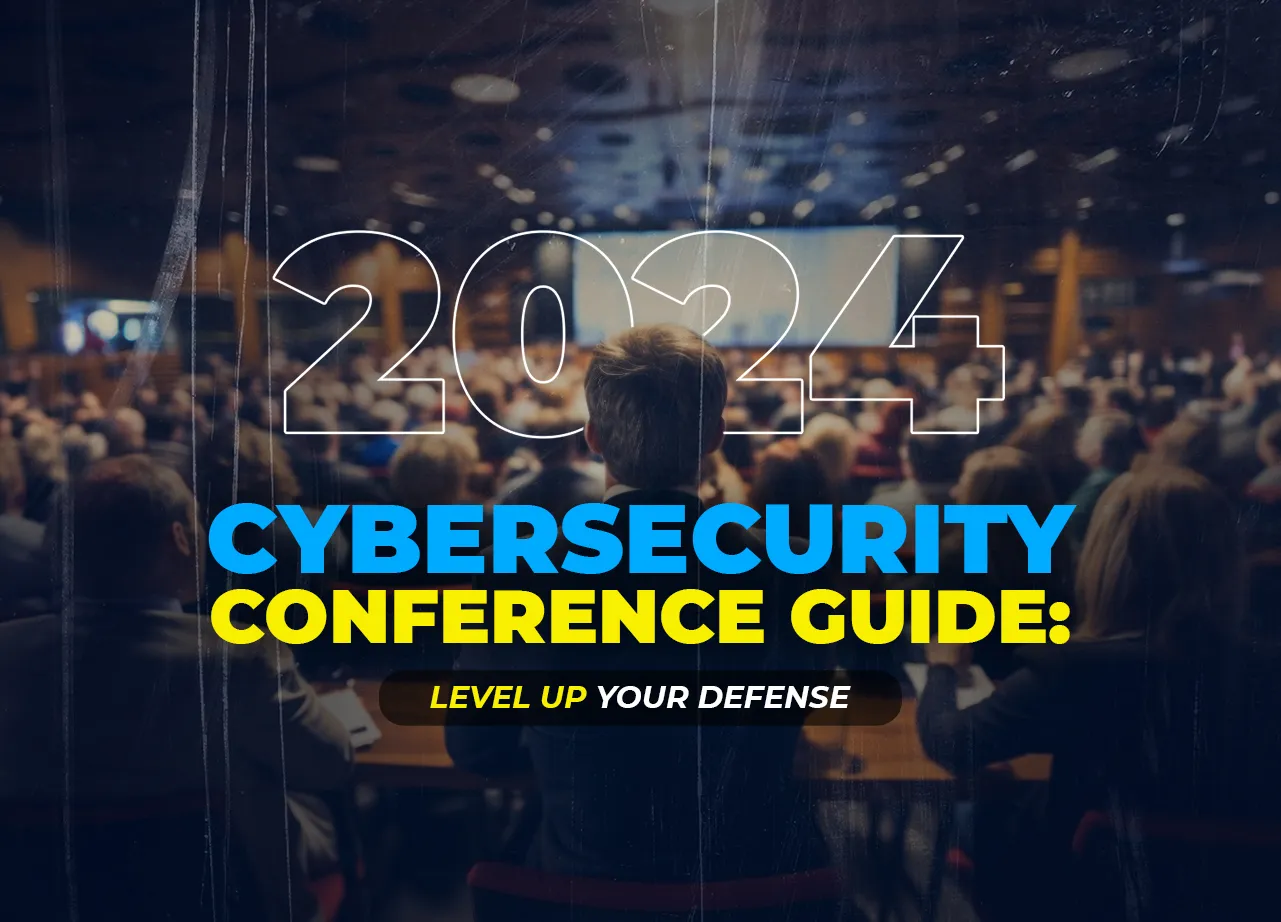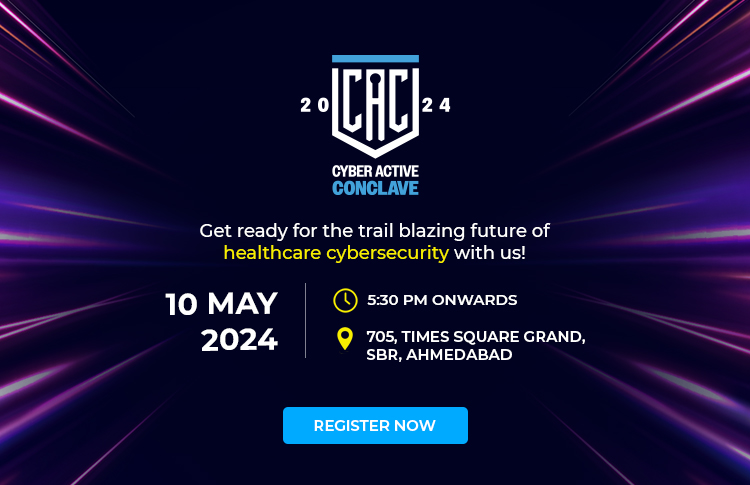
Here’s an interesting fact, according to Cisco’s Annual Internet Report (2018-2023) White Paper, over two-thirds of the world’s population will have internet access by next year. By 2023, the overall number of internet users would have increased to 5.3 billion (66 percent of the global population), up from 3.9 billion (51 percent of the global population) in 2018. With the rise in internet usage, the need to protect sensitive data across industries has never been more important, especially in light of recent global events that have resulted in an increase in data breaches.
CIOs, you’ll need a strategy that can keep up with today’s environment to prepare to defend your data. You want to be a trendsetter, an innovator, and, but most importantly, aspire to become a woke security leader. As you move forward, you’ll need a comprehensive strategy. As technology continues to advance, so will the demand for increased security.
We have penned down five key problems that leaders need to identify and address them. Fret not, we also have included recommendations on how to improve in those common weak spots.
Table of Contents
Toggle
Table of Contents
Toggle1. Companies lack visibility on what data is being created, where it is stored, or who has access to it.
Every day, over 6,500 files containing sensitive data are created by 57 percent of enterprises. That’s a lot of data, and it comes with a lot of complications.
As you might expect, with so much data being created, obsolete or “stale” data can become an issue, which it is for 91% of firms with over 1,000 pieces of stale data in their systems.
There’s also the issue of where that data is stored and who has access to it, and the numbers don’t look promising. The average firm creates over 4,000 copies of sensitive files each day, and 71% of organizations have at least 1,000 inactive users who could still be gaining access to sensitive systems.
2. There is an excessive number of privileged users.
It’s easy to get carried away when it comes to granting access to users so that they can complete their tasks without difficulty, but this could be contributing to this major problem.
The average enterprise has roughly 66 privileged users, who make two Active Directory changes and three Exchange Server modifications each day on average.
Consider how many people in your company require administrative access or elevated permissions: There are probably just about 60 of them.
Also read: Hire Top 5% Cyber Security Experts Your IT Team Needs
Contract Staffing : A stepping Stone or Dead End ?
3. Data management is frequently non-compliant with regulatory regulations.
Because of the above-mentioned stale data statistics and poor user permission management, several firms have been found to be in violation of laws such as GDPR, HIPAA, PCI, and CCPA.
Stale data can be a critical issue, not just because having more copies of data exposes you to more attacks, but also because it can hinder analytics and business decision-making. If old data is used, it may result in financial loss, security breaches, or other issues.
4. Inactive users increase the attack surface of the system.
According to the survey, 71% of firms have over 1,000 inactive users, which means another 29% could have roughly that many.
Inactive user accounts that aren’t monitored, haven’t had their passwords updated, or belong to former employees and default users are easy targets.
Also read: Is Your Company Following these Cyber Risk Mitigation Strategies?
5. Too many users have passwords that do not expire.
According to the survey, 31% of businesses have over 1,000 accounts with passwords that never expire.
It’s only a matter of time before an attacker gains access to your organization’s network if users are duplicating passwords used for personal accounts, and those accounts are compromised.
What can you do to improve your data security?
It makes no difference if such numbers sound familiar or not: all organizations can improve their data security. To organizations interested in doing so, PeoplActive has the following advice:
- Reduce attack surfaces by removing unneeded account privileges, terminating inactive users, and removing duplicate data from cached files and backups.
- Control data access by auditing who has access to what data, determining if they need it, and blocking access to those who don’t need it.
- To improve visibility and readiness, sort security risks into categories and rank them in order of importance.
- Data can be duplicated, misplaced, or left unsecure if software is siloed. It’s a smart idea to consider switching if you can discover a vendor who supplies all of the software you require in one package.
- Create a map of the environment in which your data lives, including what users may do, where data is created, what it contains and is used for, and how it transfers from user to user. Knowing what’s going on can aid in the elimination of flaws.
To better prepare for the modern data landscape, businesses should look to partner with a trusted advisor and move toward modern solutions. Why this? Well, one assumption we can make, based on the problems outlined earlier, is that working with a skilled advisor or cybersecurity consultant can reduce costs, provide long-term direction and help develop a strategy to derive value from existing and new solution investments that may have otherwise sat on the shelf. And that’s a good start for the future.
Businesses should look to engage with a trusted advisor and move toward modern solutions to better prepare for the modern data landscape. Why is this the case? Working with a competent advisor or cybersecurity consultant can reduce cost, provide long-term direction and help develop a strategy to derive value from existing and new solution investments that may have otherwise sat on the shelf. And that’s a good start for the future.
Shield your company from data breaches with PeoplActive – Cybersecurity consulting service. We build full security plans and provide ongoing guidance to eliminate vulnerabilities and keep your company protected.
Get in touch
Hire Top - Tier Cyber Security Experts




